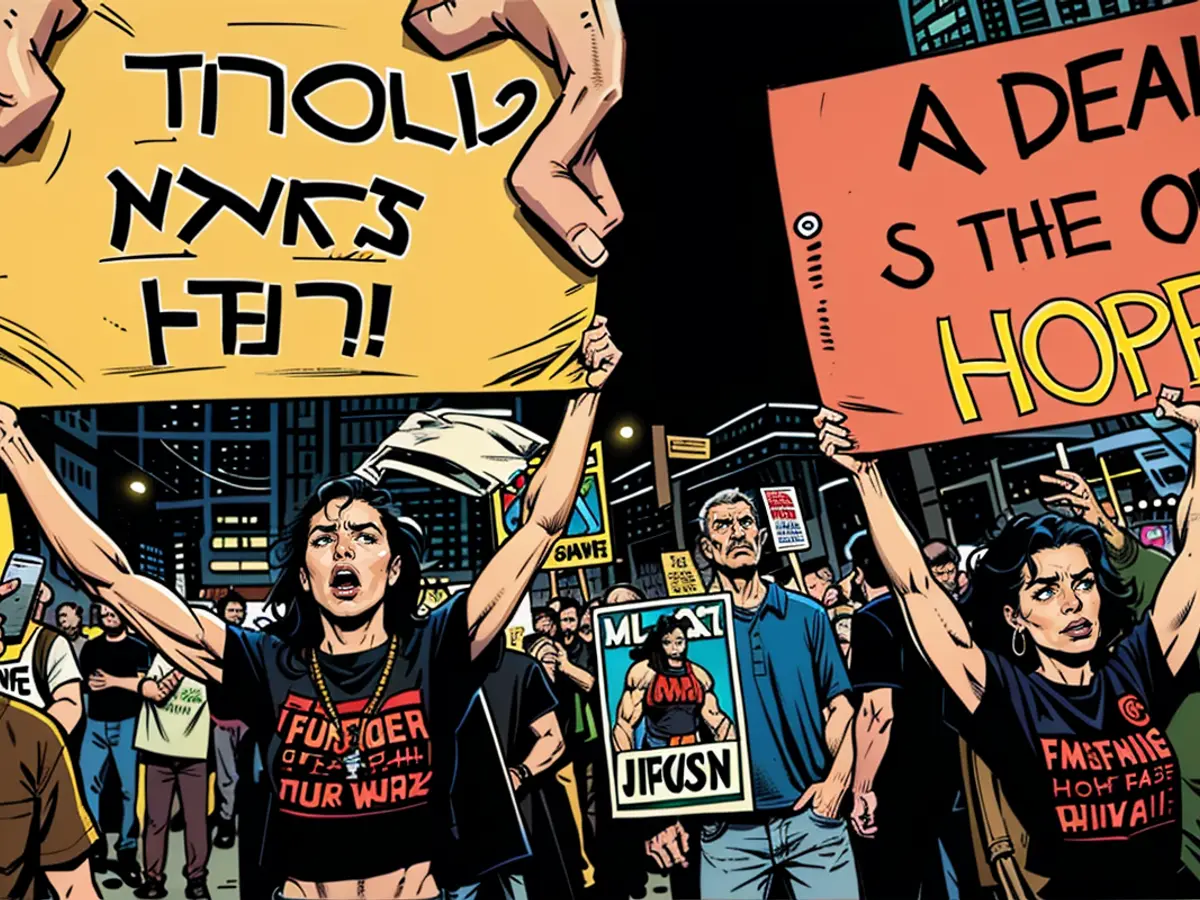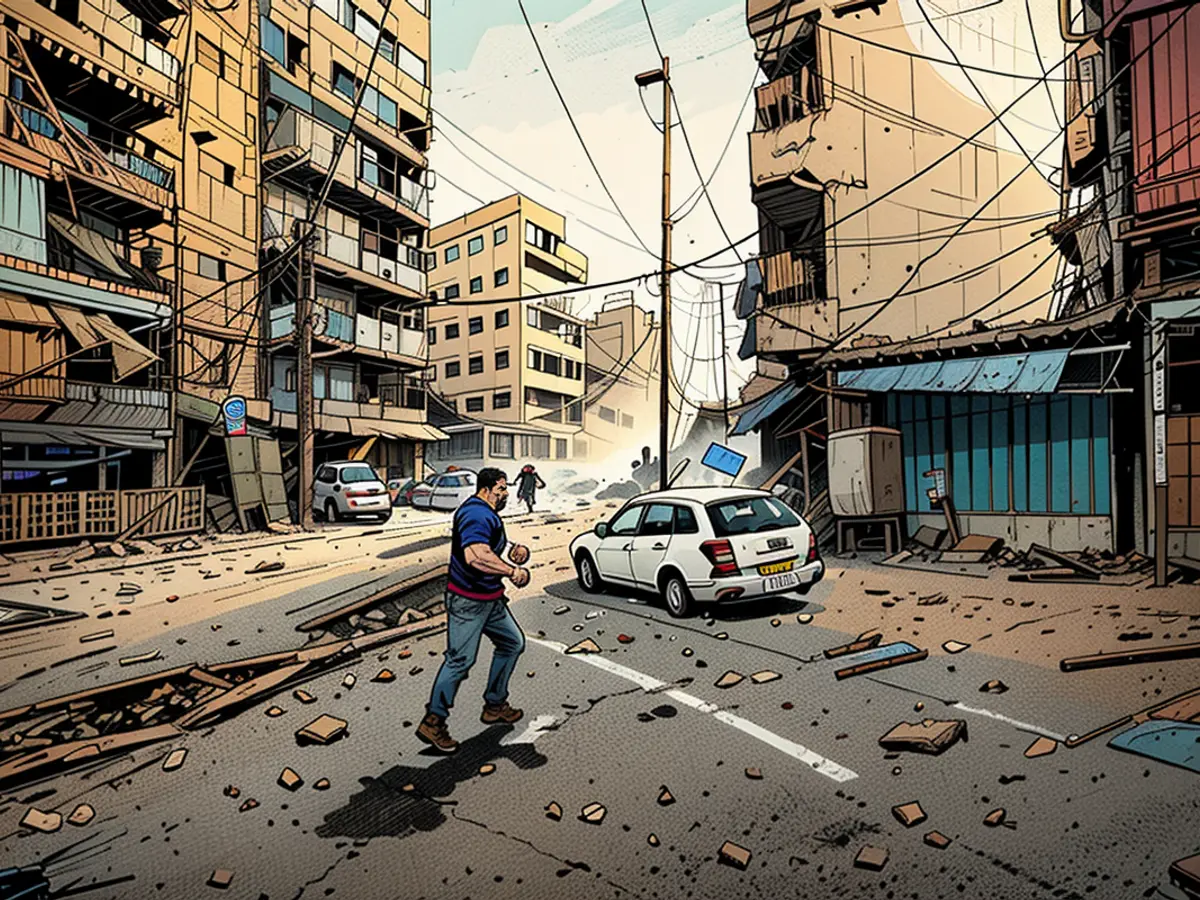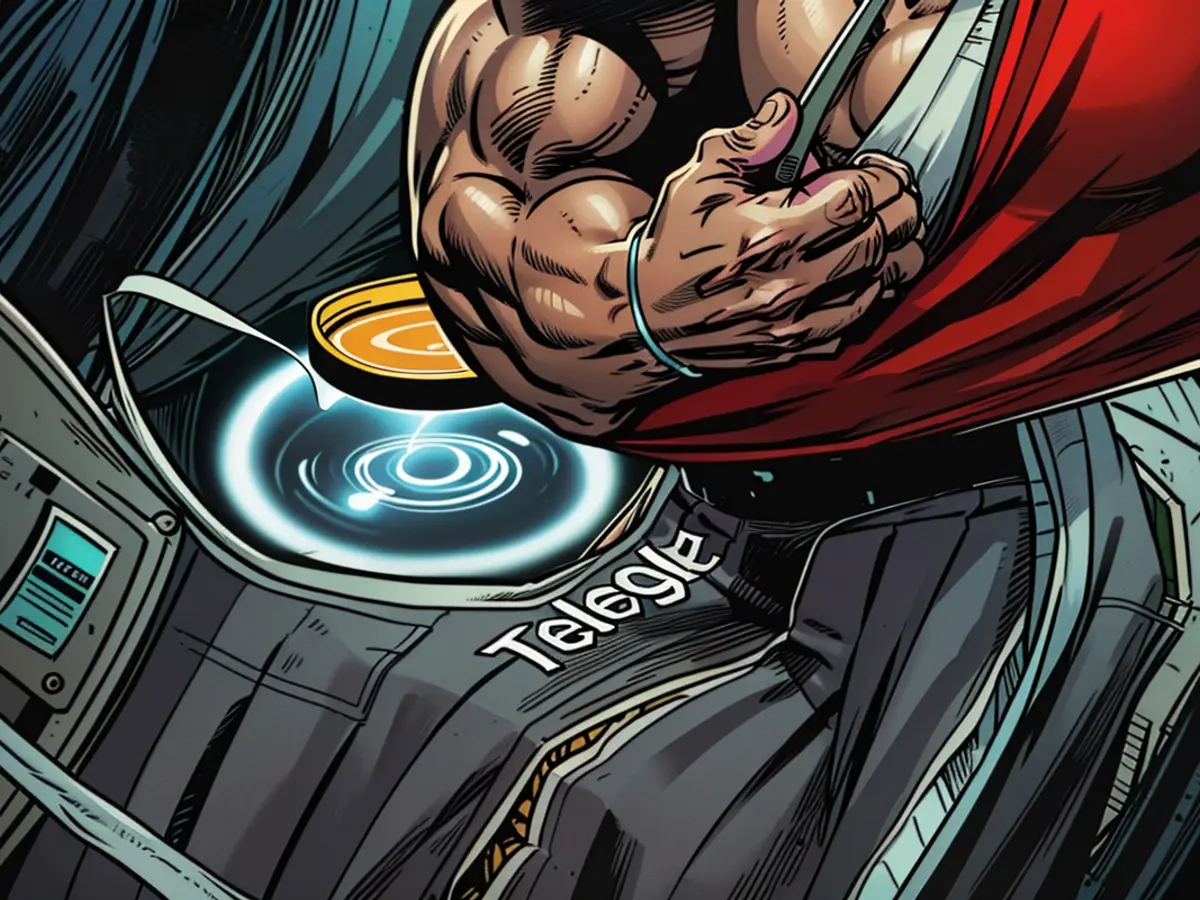- Recientes manifestaciones públicas estallaron en Israel, abogando por un acuerdo con respecto a Gaza.
En medio de un optimismo creciente por un posible acuerdo en las negociaciones para un alto el fuego en el conflicto de Gaza, numerous personas se congregaron en Israel exigiendo un acuerdo. Los individuos encarcelados por Hamas en Gaza, tras más de diez meses de conflicto, se encuentran al borde del agotamiento, lo que ha llevado a la creencia de que un acuerdo debe alcanzarse de inmediato, según declaró un hermano de un cautivo en "Times of Israel".
Los manifestantes volvieron a expresar su deseo de que el primer ministro Benjamin Netanyahu renuncie y se convoquen nuevas elecciones. Acusan a Netanyahu de sabotear un acuerdo y ceder ante las demandas de sus socios de la coalición de derecha.
Los negociadores continuarán las discusiones en El Cairo, Egipto, hoy, abordando los temas restantes. Estados Unidos, Qatar y Egipto están mediando en las negociaciones indirectas entre Israel y Hamas. Además, el secretario de Estado de EE. UU., Antony Blinken, se reunirá hoy con la dirigencia política de Israel para fomentar un acuerdo.
El control de la frontera de Gaza con Egipto sigue siendo un tema de controversia. La demanda de Israel de tener un control permanente de la frontera entre la Franja de Gaza y Egipto es, aparentemente, uno de los últimos obstáculos para un acuerdo. Esta demanda no estaba incluida en la propuesta inicial para resolver los temas restantes, según el Canal 12. Hamas acusa a Israel de obstaculizar las negociaciones al negarse a retirarse del corredor de Philadelphi, a lo largo de la frontera sur de Gaza. Hamas exige un retiro completo de Israel.
El primer ministro Netanyahu insiste en que el ejército israelí debe continuar controlando el corredor de Philadelphi después de un alto el fuego para evitar el contrabando de armas. Otro punto de disputa es el tema del regreso de los residentes que huyeron a la Franja de Gaza al norte, a la región costera sellada. Netanyahu exige que un acuerdo impida el regreso de los combatientes de Hamas armados al norte. Si Israel no muestra flexibilidad en estos temas, no hay lugar para el optimismo, según el Canal 12.
El jefe del Estado Mayor de Israel, Herzi Halevi, recently stated that the army could maintain control of the Philadelphi Corridor without a constant presence and occasional incursions. Following the latest round of talks in Doha, Israel's negotiating team expressed cautious optimism about a ceasefire. A deal based on the updated US proposal contains "acceptable components for Israel," according to Netanyahu's office. Another high-level meeting is scheduled to take place in Cairo by the end of next week, with negotiators set to discuss remaining issues.
There are warnings of potential escalation. Foreign Minister Annalena Baerbock (Greens) and her counterparts from France, Britain, and Italy urged all parties to engage positively and flexibly in the process. They emphasized the importance of avoiding measures that could lead to escalation and jeopardize the chance of peace.
Egypt's President Abdel Fattah al-Sisi stated that the war in the Gaza Strip could plunge the entire region into "an unrelenting cycle of instability". Therefore, it's crucial to utilize the ongoing negotiations to end the war. An agreement would prevent further bloodshed and protect the region from the consequences of further escalation.
Iran and the Hezbollah militia in Lebanon have threatened revenge following the killing of Hamas' foreign chief Ismail Haniyah in Tehran and a Hezbollah military commander over two weeks ago. An attack has been expected since then. Both entities are affiliated with Hamas and may refrain from a larger, possibly coordinated attack against Israel in the event of a ceasefire in Gaza.
Relatives of the hostages are demanding a deal. A Hamas representative, who did not participate in the Doha talks, remained reserved about the talks' outcome. US President Joe Biden presented a proposal to end the war in three phases in May. It calls for an unlimited six-week ceasefire, followed by hostage releases, a permanent end to fighting, and Gaza's reconstruction in the final phase.
Hamas continues to hold 115 hostages, according to Israeli records, of whom 41 have been declared dead by Israel. Additionally, other hostages may not be alive. During the latest nationwide mass protests in Israel, a hostage's father told the Israeli newspaper "Haaretz": "Even if this is not a perfect deal, it's the only deal there is."
The conflict in Gaza originated from a terrorist attack by Hamas and other extremists from Gaza on southern Israel on October 7, resulting in over 1200 deaths and 250 kidnappings. In the blockaded coastal region, around 40,000 people have reportedly died due to the war, according to figures from the Hamas-controlled health authority.
The international community is closely monitoring the ongoing negotiations, with US Secretary of State Antony Blinken planning to meet with Israeli leaders in Qatar. Despite progress in the talks in Doha, the situation in Doha remains tense, as relatives of the hostages passionately hope for a resolution in Doha, where Hamas continues to hold numerous captives.
Lea también:
- Se constituye un nuevo grupo parlamentario de derechas en el Parlamento Europeo, sin la AfD
- Indignación por supuestos planes de asesinato contra el CEO de Rheinmetall
- La alianza de derechas de Orban en la UE, a punto de alcanzar la categoría de grupo parlamentario
- USA pidiendo acuerdo de rehenes - advirtiendo palabras a Netanyahu






